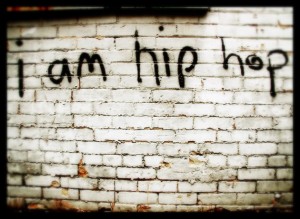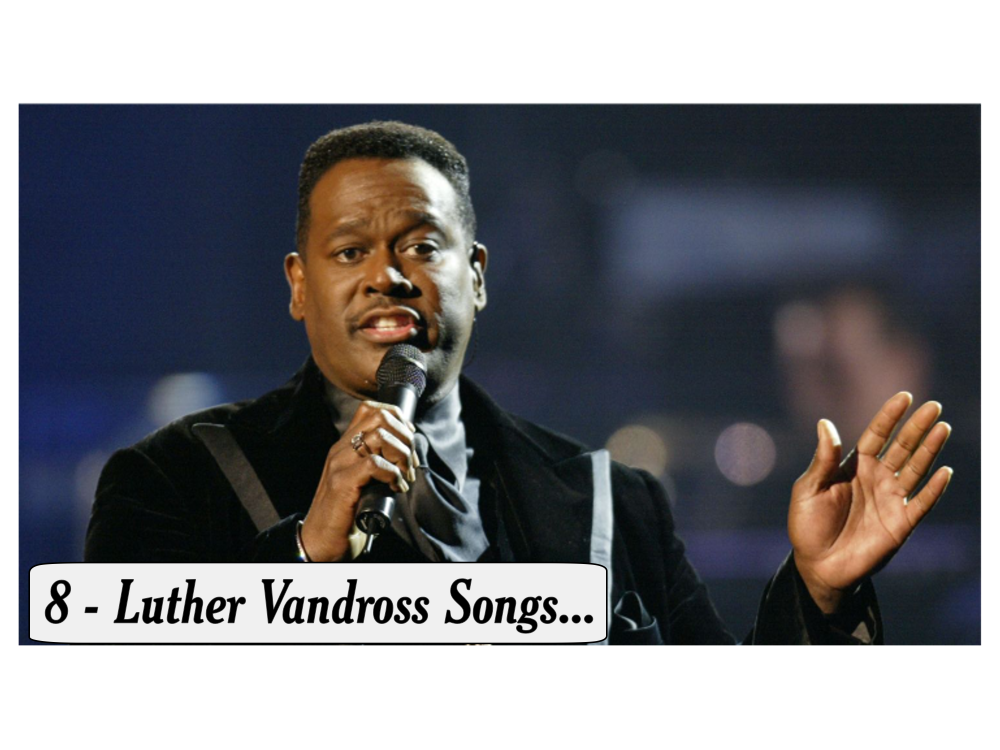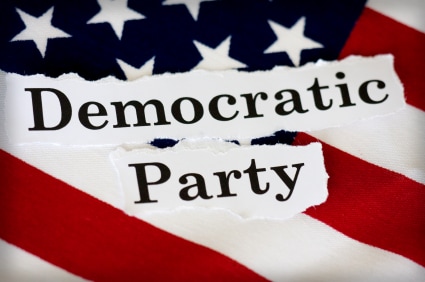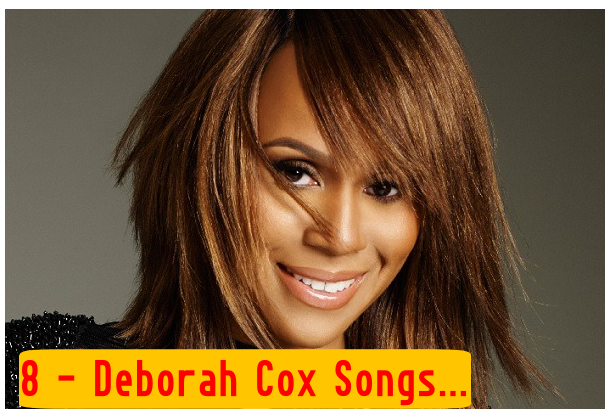(ThyBlackMan.com) A few years ago, I ran into an intern on the job. He was twenty one-years-old and in the process of finishing up a degree from a historically black institution. He told me that he wanted to be a rapper and that he performed under the name Tre Live. I dismissed him as one more Black male that was chasing pipe dreams of becoming a rapper or professional athlete rather than developing the more practical career on which he already had a great start (with the federal government in this case).
I had seen this too many times before. I once worked in student affairs at an Ivy League university where I worked with many Black undergraduate students who also chased dreams of making it big as a rapper. Even these young men who seemingly had all of the opportunity in the world to excel in more viable careers were not immune to the lure of the fantastical life promised by hip hop culture. When I met Tre Live, I admittedly rolled my eyes and kept things moving rather than giving this young man the support for which he was clearly searching.
A year or so passed and the young man graduated from college and became a full-fledged member of the workforce. We eventually developed a strong  friendship as the two of us bonded over chasing our dreams outside of the workplace. I was entertaining ideas of becoming a part-time writer and he had never dropped the habit of calling himself Tre Live outside of work. By this time, he even had all kinds of indicators that he was serious about his chosen craft. He had songs on youtube and a stack of mixtapes in his car. Most of all, he had moved to the DC Metro area from tiny Prince George county in order to better pursue his career (not the PG county you DC heads are thinking of but the one in Virginia).
friendship as the two of us bonded over chasing our dreams outside of the workplace. I was entertaining ideas of becoming a part-time writer and he had never dropped the habit of calling himself Tre Live outside of work. By this time, he even had all kinds of indicators that he was serious about his chosen craft. He had songs on youtube and a stack of mixtapes in his car. Most of all, he had moved to the DC Metro area from tiny Prince George county in order to better pursue his career (not the PG county you DC heads are thinking of but the one in Virginia).
Most of his work was pretty good in my opinion. The sound was freer than what I was used to listening to from established artists and the years spent developing beats in his dorm had led to a production sound that was all his own. The lyrics were also more honest than most of the repetitive drivel passing under the banner of hip hop these days. Sure, the music was laced with the usual trappings of contemporary hip hop – unabashed celebration of money, sex, superficiality, and partying – but there was a refreshing restraint to it. For example, the revelry of his obligatory club anthem “Red Ropes” (a reference to the ropes that typically delineate a club’s VIP section) is cut short when he says “I’m putting red ropes around everything that’s important / To everyone that’s important I wish you Benzes and Porches.”
All of the standard YOLO fare touted by today’s young rappers was balanced with content that reflected forward thinking and support of family and community. He made his distance from the usual entirely clear on a track called “Rule The World” (which uses a fascinating sample of the 80’s classic “Everybody Wants To Rule the World”) where he wonders if he can make it as a rapper without ever living any of the street life touted by contemporary hip hop. There are some of us that prefer our music to provide substance beyond temporary escape so I became a fan.
However, mixtapes were not the only thing that Tre Live had acquired on his journey and, by the time I became an open fan of his music, he was now carrying around a hefty amount of frustration with the music industry. He knew that music was his calling but had no idea how to get his voice to the masses after watching most of his attempts fail to generate a buzz outside of his close friends and family.
As a man in his early 30’s who grew up on hip hop, I observed his frustration with some interest. I found it highly ironic that he should have so much difficulty breaking into an industry in desperate need of variety. It could be that I look back on my youth with rose-colored glasses but I seem to remember hip hop having a good deal more diversity than it does now. There were all kinds of tracks back in the day but this variety has devolved into hundreds of rappers almost entirely interested in projecting their superior manhood by touting their dominion over women and their power over men. Hell, even most of the female rappers can be characterized like this.
What we hear is utterly formulaic to the point that you even hear the same verses repeated by multiple artists. I just might check out if I hear one more rapper talking about receiving good “brain” from a college girl, rolling around in his Phantom dubbed the “Holy Ghost”, or killing a woman’s “pussy” and leaving it D.O.A (its notable how much of the conformity revolves around appealing to the image of materialistic Black men whose only real interests are money and sex).
Hip hop apologists will put me on blast and tell me that I am a casual listener who has greatly oversimplified things. Could they then tell me which of the “conscious” rappers that they have in mind does not live on the fringes of the mainstream arena, has not gradually adapted his lyrics towards less-critical content, or has picked up the “conscious” title only because he promotes a brand of misogyny and self-indulgence that is more nuanced than that of his peers? Lyrics that go beyond hedonistic celebration are the exception and not the rule just as artists interested in promoting community and growth are the rebels and not the standard bearers. My point is not that good stuff cannot be found but that one has to look harder than they should have to in order to find it.
Whether the uniformity in hip hop is due to lack of courage on the part of artists, consumers, or distributors has been a debate that has raged for decades but it has produced little tangible resistance. I’m not so much interested in having that discussion as I am in considering what resistance might look like. We saw quite a bit of it recently when rapper Rick Ross drew much criticism for lyrics that ostensibly described drugging a woman and raping her. He has come under sustained criticism for several weeks now and I suspect that some long-time fans of hip hop are even choosing to send their money and time to other interests because of their growing frustration with the genre.
Like most dynasties, hip hop cannot fathom the prospect of its own demise. I can only recall a handful of artists, producers, and distributors who said anything remotely critical of Ross’s ridiculous lyric choices. The energy behind the criticism was almost entirely external to the industry. I suppose that the industry thinks that we are always going to be here. It doesn’t consider that some of us might eventually tire of the monotony of hip hop’s content. I admittedly cannot see myself ever completely giving up on hip hop. I love its energy too much.
However, I have developed my own particular brand of resistance – to search for local artists who have something to say but are unable to project their voices beyond their blocks. To pull up to stop lights with the Tre Live’s of the world proudly emanating from my car. And should they ever break through only to later be absorbed by the industry, to have their mixtapes on hand to remind them of a time when they represented change.
Staff Writer; Gordon Braxton
Official website; http://www.alliedthought.com
Can also connect with this brother via Twitter; GordonBraxton.

















awesome article Gordon, please continue to share your thoughts.
Chase your dreams and to hell with these out of touch critics that never lived in the hood to begin with.